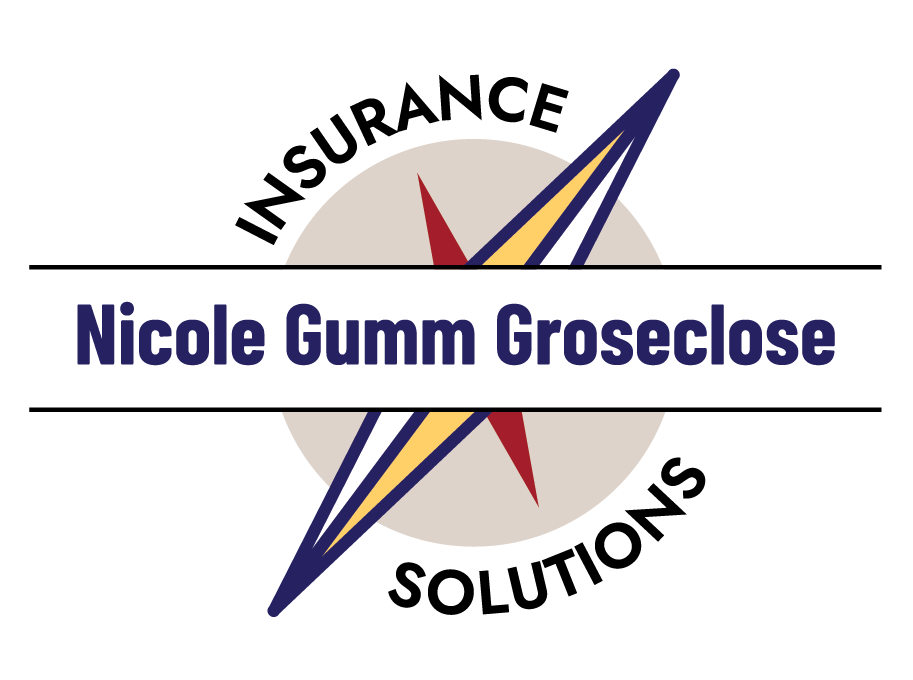One of the most common questions I get from clients who are retiring or changing jobs is:
“What should I do with my old 401(k)?”
If you’ve recently retired or separated from your employer, this is a critical decision—and rolling over your 401(k) might be one of the smartest financial moves you can make.
Let me walk you through why it matters, how it works, and how I help clients like you make the transition smooth and stress-free.
What Happens to Your 401(k) When You Leave a Job?
When you leave an employer—whether you're retiring, switching jobs, or stepping away for personal reasons—your 401(k) doesn’t automatically go with you. You typically have a few options:
- Leave it in your old employer’s plan
- Roll it over to your new employer’s plan (if available)
- Cash it out (not usually recommended!)
- Roll it into an IRA (Individual Retirement Account)
For most people, rolling over into an IRA gives you more control, more flexibility, and better long-term benefits.
Why Rolling Over Your 401(k) Makes Sense
- More Investment Choices
Most 401(k)s have a limited menu of funds. When you roll over to an IRA, you can access a much broader range of investments—stocks, bonds, ETFs, annuities, and more.
- Lower Fees
Many 401(k) plans charge administrative fees or have high-cost fund options. With the right IRA, you can often reduce your fees and keep more of your money working for you.
- Better Planning for Retirement Income
An IRA gives you greater flexibility to structure tax-efficient retirement withdrawals, integrate with annuity products, or align with your income goals.
- No Loss of Tax-Deferred Growth
A rollover doesn’t trigger taxes when done correctly—it simply moves your money from one tax-deferred account to another, keeping your growth intact.
- Avoid Forgotten Accounts
Leaving your 401(k) behind in an old plan often leads to neglect. I’ve seen people forget they even had accounts! Rolling over consolidates your savings and keeps everything easier to manage.
What to Watch Out For
If a rollover is done incorrectly, it could trigger taxes and penalties. That’s why I always recommend speaking with a professional before moving any funds.
We’ll walk through your options, evaluate your goals, and ensure the rollover is done properly and in your best interest.
Ready to Rollover?
If you’ve recently left a job—or plan to—I’d love to help you explore the best next steps for your 401(k). Let’s make sure your hard-earned money continues to grow and work for you well into retirement.






